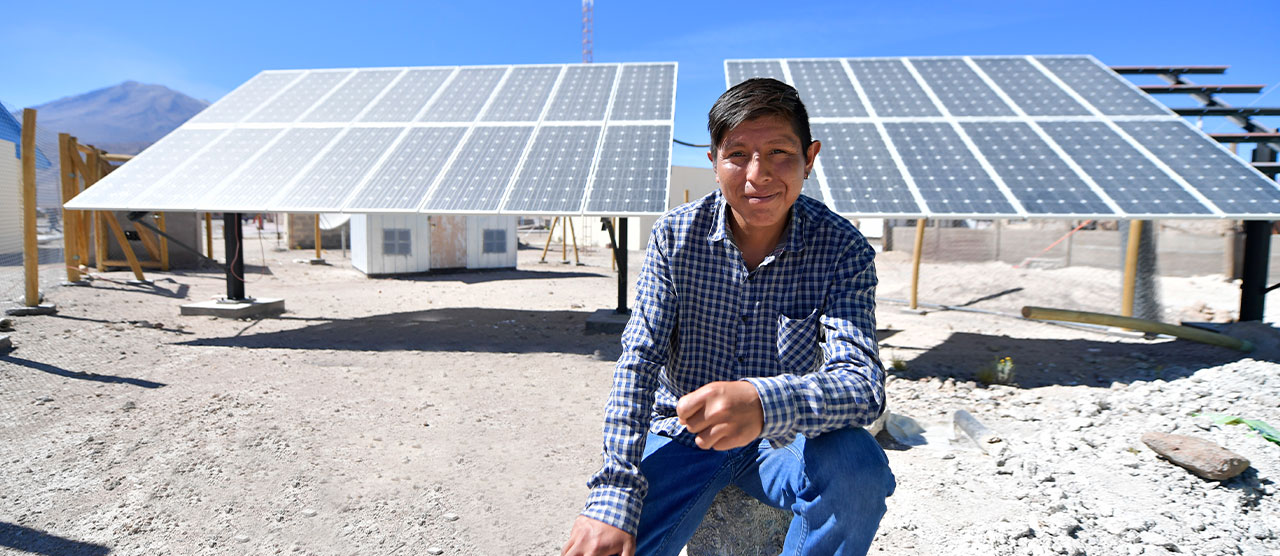Sustainability Policy and Community Relations

Sustainability Policies and Community Relations:

Guidance for handling Stakeholder Engagement risks
Stakeholder engagement is an integral part of Enel’s Group Creating Shared Value Policy, which establishes the principles to involve stakeholder across the entire lifetime of any project carried out by the Group in any of the more than 30 countries in which it operates. Starting from the designing phase, all stakeholders potentially affected by the project are identified and early involved through tailored communication and engagement initiatives, providing also the setting of grievance mechanisms.
During such engagement, potential stakeholder engagement risks may arise, including, but not limited to: participation fatigue, conflicts of interest, disruptive stakeholders, and an unwillingness to engage.
These risks are managed by different means, such as:
- Ensuring that all stakeholders are properly involved and their claims listened and understood. Enel seeks to foster an environment in which a proactive dialogue can be built with any kind of stakeholder as embraced in the Group’s Open Power vision. An example of this is done is the SEECA CSV tool, which allows a mapping of all stakeholders and their needs. Moreover, the Stakeholder Management CSV Tool helps keep track of contacts and engagement actions as well as key issues raised, throughout the whole Project lifetime.
- Analyzing the potential relationship that may exist between stakeholders and the company prior the engagement in order to avoid any potential conflict of interest. Country Sustainability Teams are required to guarantee Early Community Involvement through tailored communication and involvement initiatives, and provide the setting of a grievance mechanism, all the activities involving local communities as public hearing and/or formal consultation.
- Providing common guidelines to Enel representatives responsible for handling the consultation processes with stakeholders, seeking to prevent any potential situation that might undermine their expectations. The Stakeholder Engagement Policy aims to set clear guidelines and provide details on steps to achieve and implement a sound engagement process. Each Country adopts a localization of the Policy in line with its local specificities and business activities.
- Sharing all the information about the project that is relevant for the affected stakeholders as a precondition to promote a transparent dialogue and relationship; as such, Country sustainability must also be involved in the activities concerning land negotiations in case of land owned by small owners or local communities that are considered key local stakeholders in the direct area of influence of the project.
- Ensuring that the consultation processes meet specific quality conditions, such as, being significant, inclusive, adapted to the local context, bidirectional, free from coercion and well documented.
- Providing a complaint management mechanism that allows people to easily connect with the company using locally available tools and means, such as: a local team or a specific person during all stages of the project, providing communication tools such as a toll-free numbers, internet. In the case of isolated, rural communities, possibility to empower a local leader who collects all complaints periodically.
- Facilitating and supporting the involvement of the communities in the monitoring of projects through local training, activating transparent information over the phases of the project, transparency in the delivery of information on the methodology for defining the affected areas and involvement of community representatives in project monitoring.
- Involving third independent parties in the negotiation processes as “good faith witness” if relevant.
For further information, go to our:




